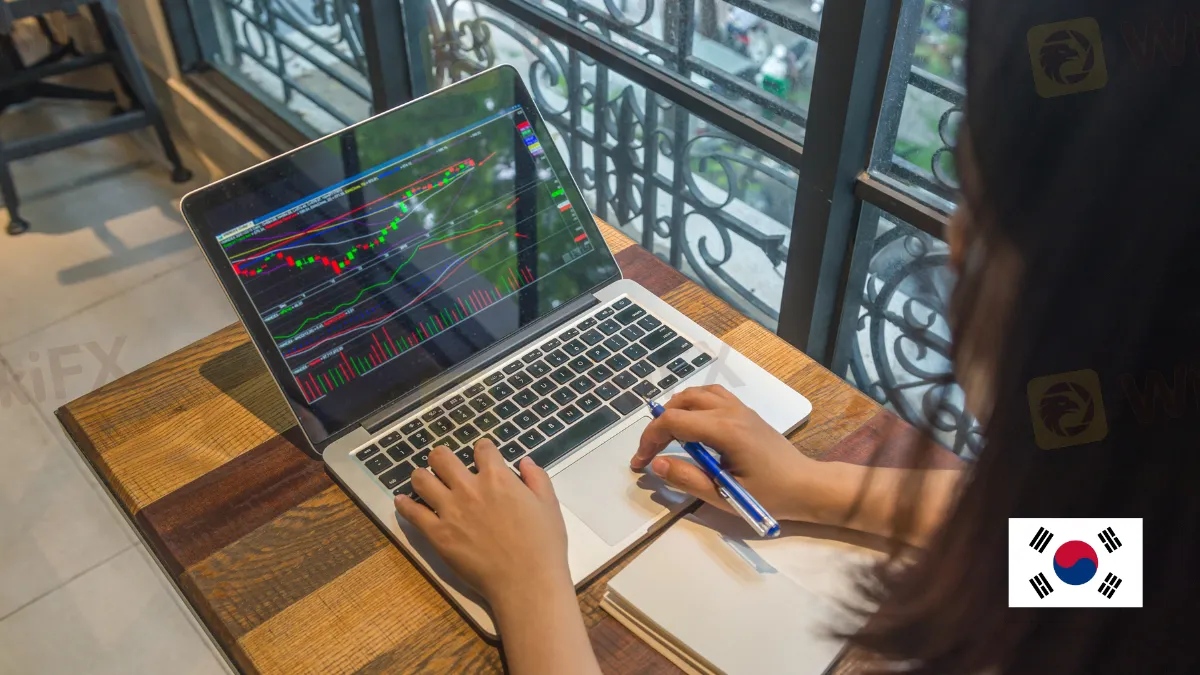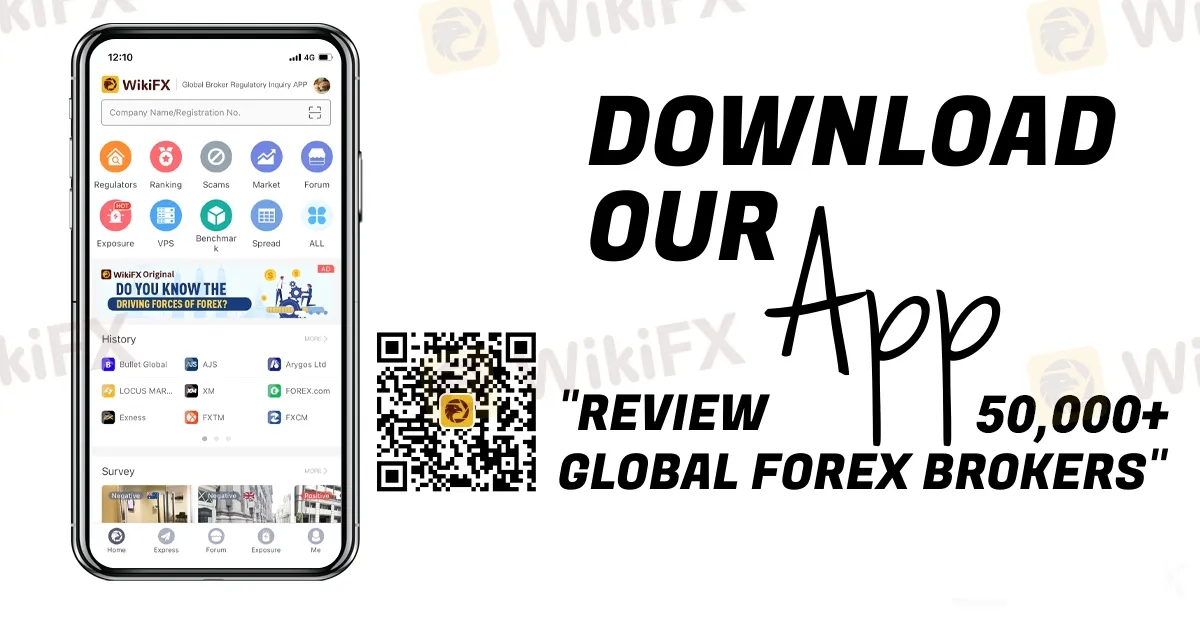简体中文
繁體中文
English
Pусский
日本語
ภาษาไทย
Tiếng Việt
Bahasa Indonesia
Español
हिन्दी
Filippiiniläinen
Français
Deutsch
Português
Türkçe
한국어
العربية
South Korea Extends Forex Trading Hours in Soft Launch
Abstract:South Korea is extending won-dollar forex trading hours from 9 a.m. to 2 a.m. to enhance traceability and attract global investors, maintaining stability and ample liquidity.

South Korea's extended forex trading hours for won-dollar transactions started successfully on Monday, according to the country's financial regulators. The move intends to increase the currency's trading availability and attract worldwide investors by expanding trading hours from 9 a.m. to 2 a.m., up from 9 a.m. to 3:30 p.m. before.
Choi Sang-mok, Deputy Prime Minister and Minister of Economy and Finance, paid a visit to KEB Hana Bank's headquarters in Seoul on Monday night, together with Bank of Korea Deputy Governor Ryoo Sang-dai. They examined the first day's trade under the revised timetable.
Choi noted that this structural change would connect Korea's forex market with global norms, increasing its openness and competitiveness. He emphasized that the government will continue to help local banks to ensure that these reforms occur smoothly.
Ryoo emphasized the role of domestic financial institutions in ensuring market stability throughout these changes. He emphasized that the government would continuously watch market patterns to guarantee stability.

Total spot trading volume for the first day of extended hours was $12.57 billion, with $2.46 billion transacted between 3:30 p.m. Monday and 2 a.m. Tuesday. According to the Bank of Korea, the average hourly trading volume from 9 a.m. to 3:30 p.m. was $1.56 billion, while the amount from 3:30 p.m. to 2 a.m. was $230 million.
Although trading volume declined dramatically during the extended hours, regulators highlighted that this trend is similar to other foreign currencies, which typically have lower volumes at night. Despite fears about heightened volatility, the market remained liquid and had a tight bid-ask spread.
The expanded trading hours are part of a larger effort to improve Korea's forex market and make it more accessible to international investors. This approach is also likely to enhance the long-term pricing differential between onshore and offshore exchange rates.
Kwan Ah-min, an analyst at NH Investment & Securities, said that better market access may attract more money, particularly in light of Korea's anticipated participation in the FTSE World Government Bond Index in September. This inclusion is part of the government's reform initiatives, with increased hours playing a crucial role.
Korea and India are now the only two nations in the world's top ten economies by nominal GDP that do not appear in this major bond index.
By 5 p.m. Monday, the Korean won had dropped 4.3 won to 1,388.8 per dollar.
Stay updated with the latest in the forex market! Get daily insights and news here.

Disclaimer:
The views in this article only represent the author's personal views, and do not constitute investment advice on this platform. This platform does not guarantee the accuracy, completeness and timeliness of the information in the article, and will not be liable for any loss caused by the use of or reliance on the information in the article.
Read more

What Happens If You Trade on Illegal Forex Platforms in India?
There are many illegal platforms that offer financial services to clients. These scammers hide the risks involved because their main goal is to steal your money. That’s why it’s so important to understand the dangers of trading on illegal forex platforms

Exposing Trade Capital Limited - Siphoning Millions, Restricting Withdrawals, Charging Extra Fees
Trade Capital Limited is in the news for conducting bad practices as a forex broker. Check out the unethical practices employed by it to scam investors in this article.

US Federal Reserve May Cut Interest Rates in September, Says Goldman Sachs
US Federal Reserve Chair Jerome Powell may slash the policy rate in September 2025, according to research economists at Goldman Sachs. Read this to learn more.

5 Serious Warnings About Mirrox! You Can’t Afford to Ignore
Pay Attention! This is a serious warning you shouldn't ignore. Check out this article and know the 5 red flags about the Mirrox that every trader must be aware of.
WikiFX Broker
Latest News
Global stock markets are calling Trump's bluff on tariffs
Trump's tariffs overshadow the pomp and pageantry as Macron meets King Charles
Boeing delivers most airplanes since late 2023 after ramping up 737 Max output
Inflation expectations drift back down to pre-tariff levels, New York Fed survey shows
10 Unlicensed Brokers Exposed – Check Now to Stay Safe!
Exposed: Ibell Markets - A Scam Broker That Does Not Allow Withdrawals
Gold Prices to Fluctuate This Week Amid July 9 Tariff Deadline, Fed Policy
America's Deficit Reckoning: How the U.S. debt spiral could spark a crisis
Treasury yields hold steady as Trump extends tariff deadline
Asia-Pacific markets mostly rise as investors assess Trump's steep tariffs
Currency Calculator


